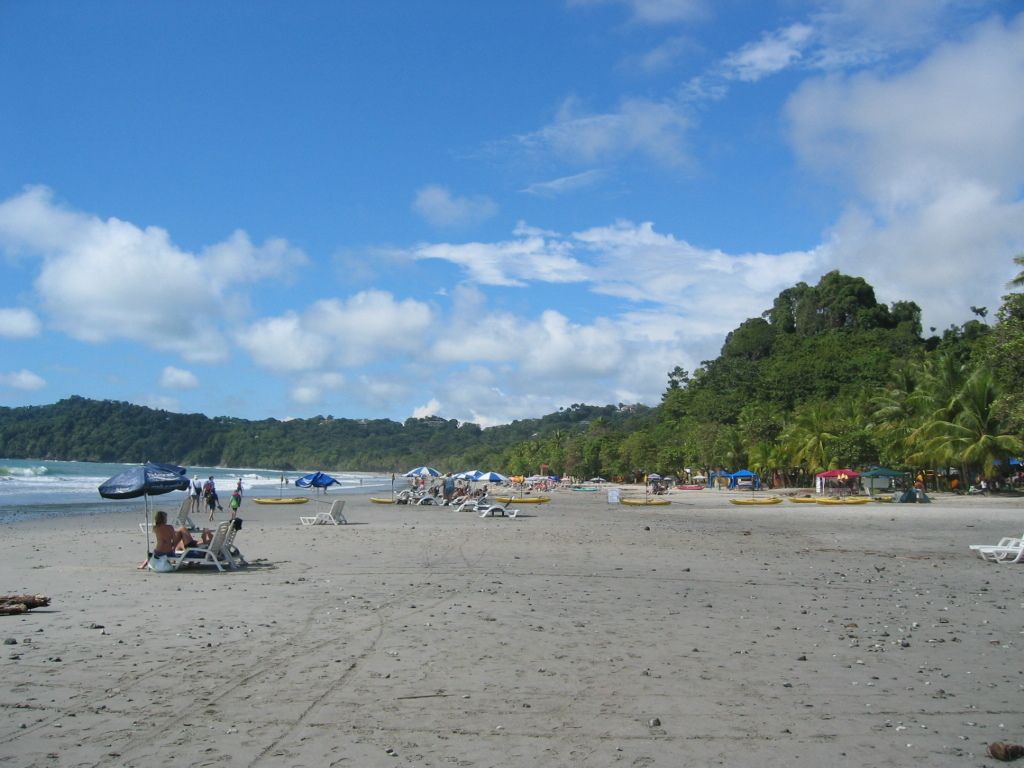Starbucks CEO seeks to break sales decline through price increases and protein-focused offerings
In the heart of the corporate world, Starbucks CEO Brian Niccol is spearheading a comeback for the coffee giant, steering the ship through troublesome waters. With a history of success revitalizing Chipotle, Niccol is determined to replicate that magic at Starbucks, the brand that reigns supreme as the largest coffee company globally with over 32,000 locations and an impressive annual revenue of $36 billion.
The storm has been brewing due to increased competition from rivals like Dunkin', McDonald's, and Dutch Bros. Coupled with consumer fatigue from persistent inflation and climbing prices, the coffee juggernaut has endured a five-quarter-long sales slump. The evidence shows in the bottom line, as Starbucks reported a staggering 50% drop in profits compared to the previous year in April alone.
Since Niccol stepped into the role in September, a transformation has been underway. He's operationalizing a strategic overhaul, shedding 30% of the menu, instituting a rule for customers to buy a menu item to linger inside Starbucks stores, and rolling out a new service model dubbed the "Green Apron" model. This model utilizes an algorithm to optimize order sequencing for more seamless service. In this ambitious restructuring, Starbucks' stock has seen a notable rise since the April earnings report. This year, Starbucks' growth has outpaced the gains in the broader S&P 500 stock index.
Niccol is acutely aware that the company's struggles stemmed from a myopic focus on the customers. He asserts that the brand deviated from providing a world-class coffeehouse experience, with the customer at the forefront. Prices play a significant role in his proposition to consumers—while he's committing to no price increases this fiscal year, he can't promise the same for the future.
The brand's revitalization includes introducing innovative new products, such as a protein vanilla latte launching this week in select stores and, potentially, mushroom-infused coffees in the near future. Yet, they will continue to grapple with external challenges, particularly those hailing from Washington. Donald Trump's blanket 10% tariff on all imports could increase the cost of Starbucks' raw coffee beans, which cannot be sustainably grown within the United States. Niccol expresses confidence that Starbucks can weather this added cost, as its global presence and iconic brand make it adaptable to policymaking changes.
- Amidst the tough business environment characterized by intense competition from rivals like Dunkin', McDonald's, and Dutch Bros, and the persistent inflation, Starbucks' revenue has taken a hit, with profits dropping by 50% compared to the previous year.
- To counteract these challenges, Starbucks' CEO Brian Niccol is overseeing a financial restructuring that includes shedding 30% of the menu, a new service model, and focusing on providing a world-class coffeehouse experience, putting the customer at the forefront.
- Conscious of the need to balance revenue growth and customer satisfaction, Niccol has promised no price increases for the current fiscal year, but has kept the future uncertain regarding further price adjustments. Meanwhile, external factors like potential increases in the cost of raw coffee beans due to tariffs remain a concern, but Niccol believes Starbucks' global presence and iconic brand will help it adapt to policy changes.




